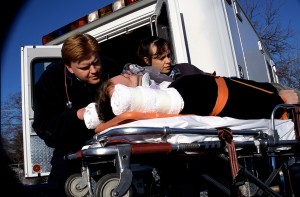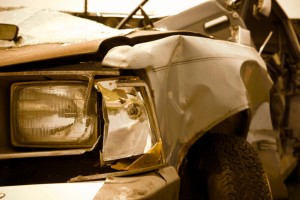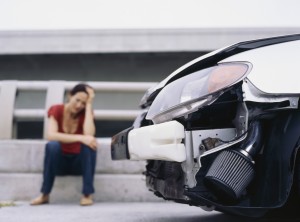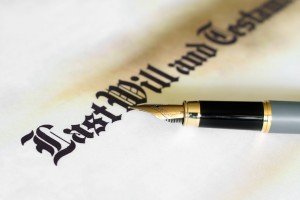Car Accident Attorney: How to Prove Personal Injury Cases
 The Towson personal injury attorneys at McMullen & Drury explain what evidence is needed in order to prove personal injuries in car accidents.
The Towson personal injury attorneys at McMullen & Drury explain what evidence is needed in order to prove personal injuries in car accidents.
There are many variables in car accidents: the weather, the driver’s state, the car’s condition, and the type of collision, just to name a few. Even two seemingly similar accidents can vary greatly in both their cause and effect.
Because of all the variables in car accidents, the evidence needed to prove negligence in personal injury cases depends on the details of the case. Evidence could include expert testimony, eye witnesses, or physical evidence at the scene of the car accident.
However, personal injury cases are more straightforward than they seem. They all rely on the same legal canons of tort law.
In order to prove a personal injury claim valid, the evidence must satisfy the following four conditions:
- The defendant owed a duty to the plaintiff: All drivers have a responsibility to be safe while driving and to keep other drivers safe. Legally, this is referred to as a “reasonable duty”. Traffic laws are designed to reflect that reasonable duty, but sometimes safety is just common sense.
- That duty was breached: When a driver breaks the law or is being unsafe, then they are breaching a duty owed to other drivers. For example, driving under the influence of drugs or alcohol or driving recklessly are two common ways a driver can breach their duty to be safe and follow the law.
- Damage resulted: There are many ways damage can result from a breach of duty. In cases involving road safety and traffic laws, damages usually come in the form of car accidents. Many car accidents result in damage to the vehicles or other private properties, and personal injuries to the passengers.
- That damage is compensable: Car accident damages usually come with a steep price tag. When a car accident causes substantial and compensable damage, the at-fault driver could be held liable. It is important to note that not all damages can be compensated. Sometimes, personal injuries are so severe that the victim doesn’t survive. In these cases, victims or their families may be compensated for their mental pain and suffering.
Tort law is pretty logical; if you make a claim, you are responsible for proving it. Consequently, victims are responsible for substantiating their personal injury claim with evidence. This is called the “burden of proof”.
Many victims find that it is helpful to have an experienced personal injury attorney to help them gather evidence and use as many legal tools as possible to prove personal injury claim while they focus their energy on healing.
For more information regarding personal injury claims in Maryland, please contact the Towson personal injury attorneys at McMullen & Drury.







